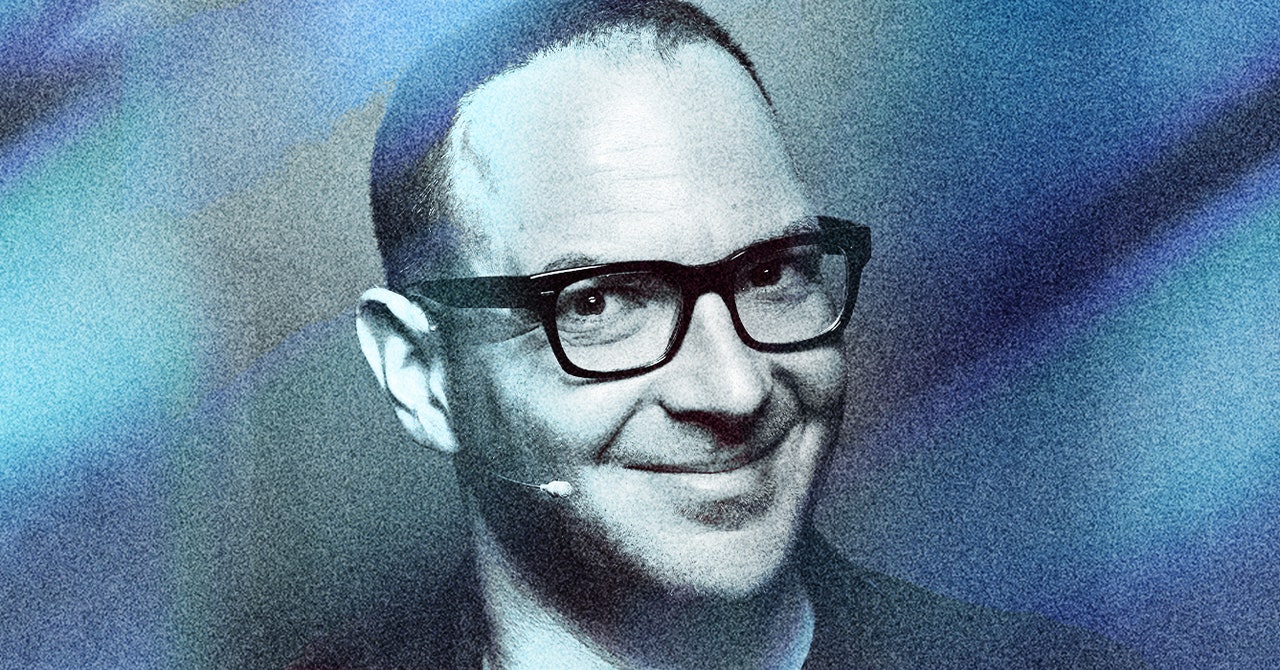Lauren: Our guest this week is Cory Doctorow. He’s a writer, an internet activist, a senior adviser to the Electronic Frontier Foundation, and he’s the author of a new book called The Internet Con: How to Seize the Means of Computation.
Cory (audio clip): The internet isn’t just like a video-on-demand service or a surveillance system or a way to, like, radicalize white nationalists. It’s like the one wire that delivers free speech, free press, freedom of association, civics, politics, education, nutrition, romance, family life. And if we let it become a toxic waste dump that is irredeemable, then all of those things are at risk.
Lauren: So, Gideon, this is one of these episodes where we were both really keen to talk to Cory for various reasons. I mean, not only do we admire him as a writer, but for me it was the lure of a big, sexy, nerdy talk about interoperability.
Gideon: Interoperability. Sexy. All right. All right. You have to convince me of this one.
Lauren: Well, I mean, if someone says to me, you know, let’s rant about how Apple’s iMessage doesn’t work well with Android messaging and talk about how we might change it all and change the internet for the better, I’m in. Sign me up. How much time do we have?
Gideon: All right. So why is messaging such a primary example of interoperability, and why is it important?
Lauren: That’s a good question. I mean, I think for me it’s because messaging feels like it was so foundational to the early consumer internet, but it used to be totally decentralized and you could access it from anywhere, any PC, any terminal. It was volunteer-led. It was community based. And then the internet started to get built up. We had more centralized experiences. There are corporate interests. We now use all kinds of apps and social media websites, and they don’t always play nice with each other. You kind of get locked into one system, one ecosystem, or one cloud service provider, and it’s hard to extract yourself, even if you wanted to. And I think that this is really the crux of Cory’s argument here.
Gideon: Right. So interoperability is another word for having freedom of choice—being able to use what platform you want and not having some high cost of leaving.
Lauren: Yes, very much so. Not having that switching cost.
Gideon: I was a little jealous that you got to speak to Cory while I was off traveling, because he is extraordinarily prolific as a writer. He’s written a bunch of nonfiction as well as science fiction books, but that, just, ability to churn stuff out is kind of the complete opposite of me, and it’s one of the things I admire about him.
Lauren: Very much so. Yeah, he’s written a bunch of stuff for WIRED too. Earlier this year, we ran a piece of his that was all about the “enshittification” of TikTok. Not just TikTok, but internet platforms broadly. Which is a word that has really taken off since then as a shorthand, I think, for the general degradation of internet platforms. He presented some really great ideas, and he’s pretty fiery about these topics.
Read the full article here





